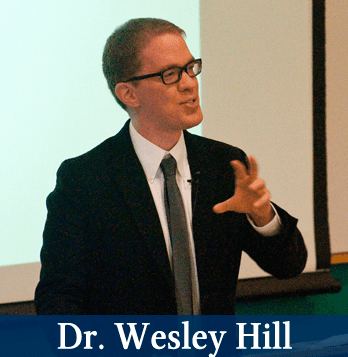 Let us agree (1) that friendship as a common art, friendships between males and friendships between females, has fallen into neglect and (2) that there are more than solid theological and biblical grounds for resurrecting friendship by Christians, among Christians, among the church and among Christians and those of other or no faiths. What would it look like?
Let us agree (1) that friendship as a common art, friendships between males and friendships between females, has fallen into neglect and (2) that there are more than solid theological and biblical grounds for resurrecting friendship by Christians, among Christians, among the church and among Christians and those of other or no faiths. What would it look like?
Wesley Hill, in Spiritual Friendship, offers six helpful orientations for resurrecting committed, vowed or what he sometimes calls “spiritual friendship” or “spiritual siblinghood.”
First, we need to understand our “need for friendship” (106). The solitary life is not a life of love and a life of love is a life shaped to the core by friendships. God made us to love one another, and it is there that a theology of friendship begins. Wesley Hill is known for being a gay, celibate Christian and he admits that he needs friendships, and that desire has led him to study friendships. He’s not alone.
Second, we can renew friendship by starting small, that is, by starting with those who are already our friends. We might ask who are our friends and ask how we might strengthen such relationships. We might more formally acknowledge those relationships.
Third, friendship flourishes most when practiced in the context of a wider community. Friendships can begin in churches because there’s an existing community in which those friendships can begin to flourish. The community, then, can strengthen friendships.
Fourth, we will learn that our friendships will strengthen our community. Leaders he suggests can be especially vigilant about encouraging friendships among the congregation. While a koinonia, or fellowship, is not the same as “friendship” (let’s call it philadelphia), and while some would contend the former can exist without the latter, there is here a spectrum — Hill observes — rather than alternatives. I would contend the former doesn’t exist entirely without the latter. Here’s why: love is a genuine and rugged commitment to another person, first, to be with that person, and second, to be for that person, and third, in that context those who genuinely love journey into Christlikeness. I don’t think that can happen without friendships being formed.
Fifth, our friendships can be doorways for hospitality and the welcoming of strangers. In other words, friendships can be opportunities to love others outside the fellowship, to gospel others, and to enter into the lives of others. Dinner parties, anyone?
Sixth, Wes Hill suggests “we might begin to look for ways to resist the allure of mobility and choose to stay” (115). In other words, friendships can become constraints on mobility and vocational changes. Some can pack up and move away and it not bother them one bit; one has to wonder how much koinonia was experienced and how much friendship was at work.
Thanks Wes for a wonderful book.











